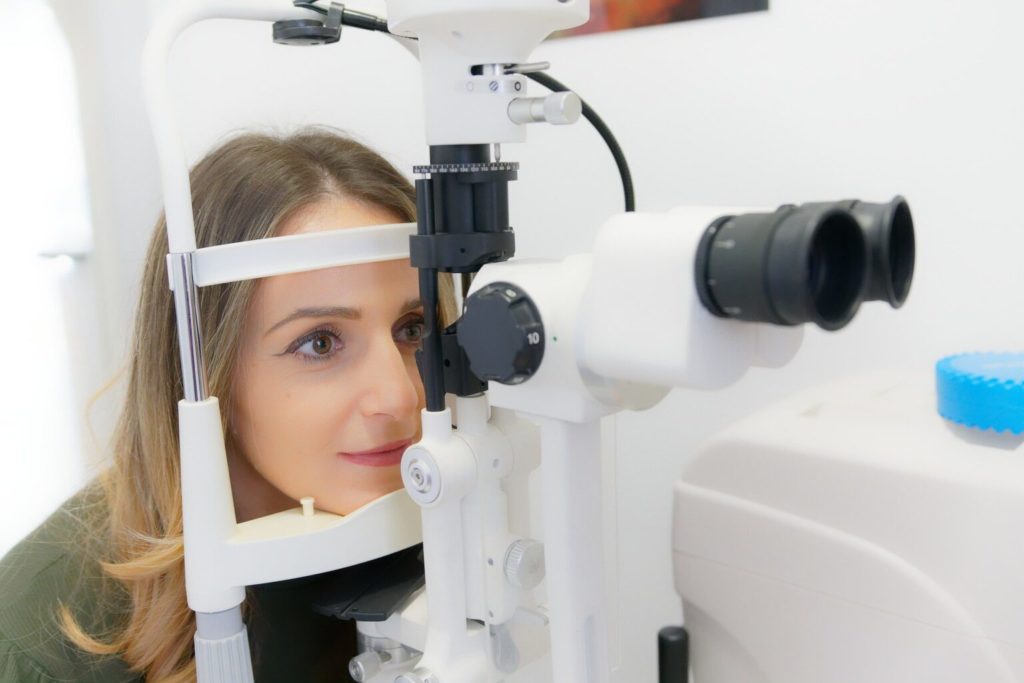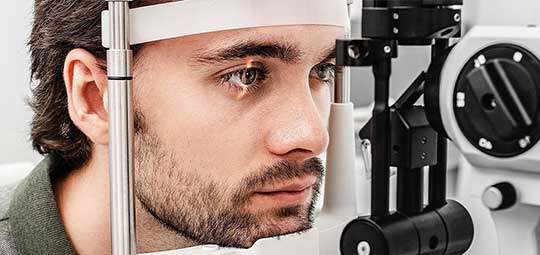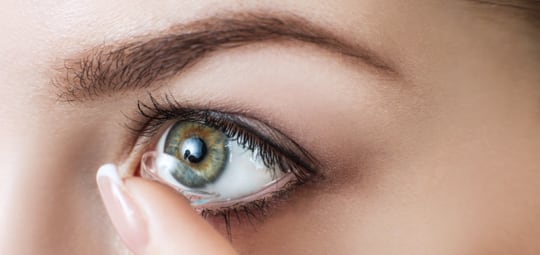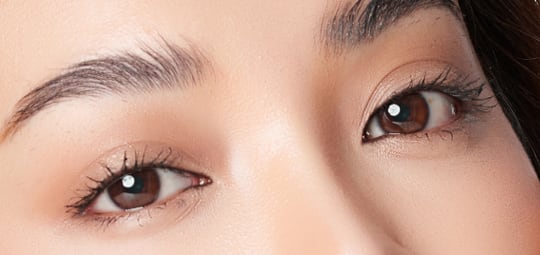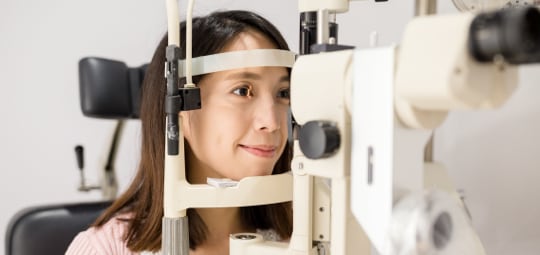Regular check-ups with your primary care physician is highly recommended and is known to be a smart way to ensure you are in good health. The same can be said with visiting a dentist to maintain healthy dental hygiene. However, when it comes to ocular health, some people fall behind on regular visits to an optometrist, despite these visits being an important part of your regular healthcare.
There are plenty of reasons for you to visit the optometrist, and making regular scheduled appointments is essential for all round wellbeing as well as combating specific eye problems that you may experience throughout your life. It is recommended that you look after your ocular health yourself as much as possible, reducing the potential need for more regular appointments with an optometrist. Some of the ways that you can properly care for your eyes include:
- Not smoking or quitting smoking (it’s never too late to quit)
- Keeping your eyes protected from the sun (wearing UV protection sunglasses outdoors)
- Eating a well-balanced diet with lots of vegetables and omega 3 fatty acids
- Taking a multivitamin
- Drinking lots of water
- Taking frequent breaks from computer work, phone, and television screens
Throughout this post we will be looking into the necessity of regular visits, prescriptions, and some of the more common vision changes and eye issues that people experience in their lives.
How Often Should You Visit The Optometrist?
How often you should be visiting the optometrist will vary between people and be based around factors depending on individual needs and requirements, ocular health, and developments in vision and eye functioning. A person with a known eye condition may be recommended to visit their optometrist more often than a person in good health.
Visits to an optometrist to carry out eye exams in children are extremely important and should occur regularly. This stage in development for a child is crucial, with close monitoring of all aspects of their health being paramount, and it will bring sound mind to know that your child is healthy or to detect any problems early enough to provide correct treatment. The recommended scheduling of when a child receives eye exams is first at 6 months of age, next at around 2 years old, and then just before they begin school; after this early stage there should be frequent visits on an annual basis.
Among teenagers and adults, the regularity of optometrist visits can be reduced. Eye care professionals recommend that you have an appointment every one to two years. This regularity once again depends on any risk factors, your family history, your health, your age , and if you are a wearer of glasses or contact lenses.
How Often Should You Get Your Prescription Checked?
If you currently wear glasses or contact lenses, then you understand the importance of eye exams and that it can be necessary to get your prescription checked as vision changes over time. Your optometrist may have also recommended how often you should be visiting them for a comprehensive eye exam. The standard recommendation for people to get their prescription checked is every other year, though it is beneficial to have a check-up annually.
In some cases, such as for those at higher risk or with existing eye conditions, people will have their prescription checked every 6 months; however, this is quite rare. Outside of your usual scheduled appointments, if you are experiencing issues with your vision or your prescription seems insufficient then contact your optometrist to solve any problems as soon as possible, as sometimes a sudden change in prescription can indicate a serious system problem.
Having the correct prescription is essential for everyday life, allowing you to carry on with work and doing the things you enjoy most. Optometrists are ready to tackle your visual concerns and aim to decrease strain on your eyes to create optimal vision throughout your life.
How Will Age Affect Your Vision?
As we age there are often noticeable changes in all aspects of our life and how we function. Your eyes are no exception. Changes can often be seen in the eyes, including vision and the ocular health. Such changes of vision commonly start occurring around the mid-40’s and then progress onwards after this age, there is variation between people of course, and deterioration in your eye health can be related to a range of natural and environmental factors.
Usual age-related changes involve problems with near vision, people may struggle to focus on nearby objects and have trouble with reading from books or screens. This normal change in vision is called presbyopia, and is an inevitable aspect of aging , this brings with it the need for eye exams to determine which prescription will work best for you to allow for your ability of near focusing. Presbyopia occurs from a lessening of flexibility in your eye lens, a decrease in the eye’s ability to accommodate causes strain and difficulty for the eyes to focus on things up close. It is entirely normal and although it may cause some stress, it is not an issue that has to interfere with your life, with the right care and recommendation from your Optometrist, you will be able to smoothly carry on with your daily tasks without any trouble.
Other general ways your vision is affected by age include:
- Decreased pupil size, leading to problems of sensitivity and response to light
- Dry eyes from reduced tear production and excessive screen time
Some people will be more at risk of certain eye conditions as they age. One common condition associated with aging is cataracts. This condition involves the lenses developing cloudy areas that can grow and lead to blurry vision and ultimately loss of vision. Signs of cataracts also include sensitivity to bright lights and difficulty seeing in low lighting, as well as faded colours. Early treatment can include glasses and visual aids, but as cataracts progress surgery is required to remove the natural lens and replace it with a clear artificial lens.
Another common eye condition to be aware of, which more often occurs as you age, is glaucoma. Glaucoma is almost completely symptomless in the early stages, though as it progresses there will be problems with peripheral vision and, if uncontrolled, permanent loss of sight. There are two types of glaucoma that can affect people, you can learn more about the details of this eye disease from our blog post.
What Are Some Common Vision Changes That Should Get Checked?
While it is completely normal for changes in vision to occur, there are various reasons that you should get an eye exam to ensure these changes are not abnormal. The primary reason for you to visit your optometrist for an eye exam is to rule out eye disease and give you the comfort in knowing that you are not at any risk of serious problems; in a situation where an eye care professional does
observe a potential issue, they will have caught it early enough to treat it effectively, thus preventing any permanent vision loss.
We recommend that if you are experiencing these vision changes, you should get your eyes checked as soon as possible:
- Sudden or gradual decrease in visual acuity
- Trouble focusing on reading material or computer work
- Trouble with peripheral vision or bumping into things
- Temporary or sustained blurry vision
- Light sensitivity
- Faded or washed out colours, trouble distinguishing between shades
- Eye floaters or flashing lights
- Distortion and dark areas around the centre of your visual field
- Temporary or sustained loss of vision
- Fluctuations in your ability to focus
We recommend mentioning these changes to your optometrist during your eye exam. The optometrist will then discuss how to manage and overcome these issues.
In a situation where you are experiencing severe changes in vision, make an appointment with an eye care professional as soon as possible. These visual changes can indicated various eye problems like cataracts, glaucoma, macular degeneration, or retinal detachment and need to be addressed as soon as possible to avoid any permanent vision loss. If these conditions are caught early, they can be treated and managed properly to avoid vision loss.
Where Can You Visit An Optometrist In Toronto?
If you need to visit an optometrist in Toronto, for a regular eye exam or for a specific problem, then Yonge & College Optometry has you covered. Located in downtown Toronto, our team of fully trained and highly experienced eye care professionals cater to all your needs. We provide comprehensive eye exams for patients of all ages at the highest standard expected within the industry. Contact Yonge & College Optometry today to make an appointment and find out why we are among the best optometrists in Toronto.


